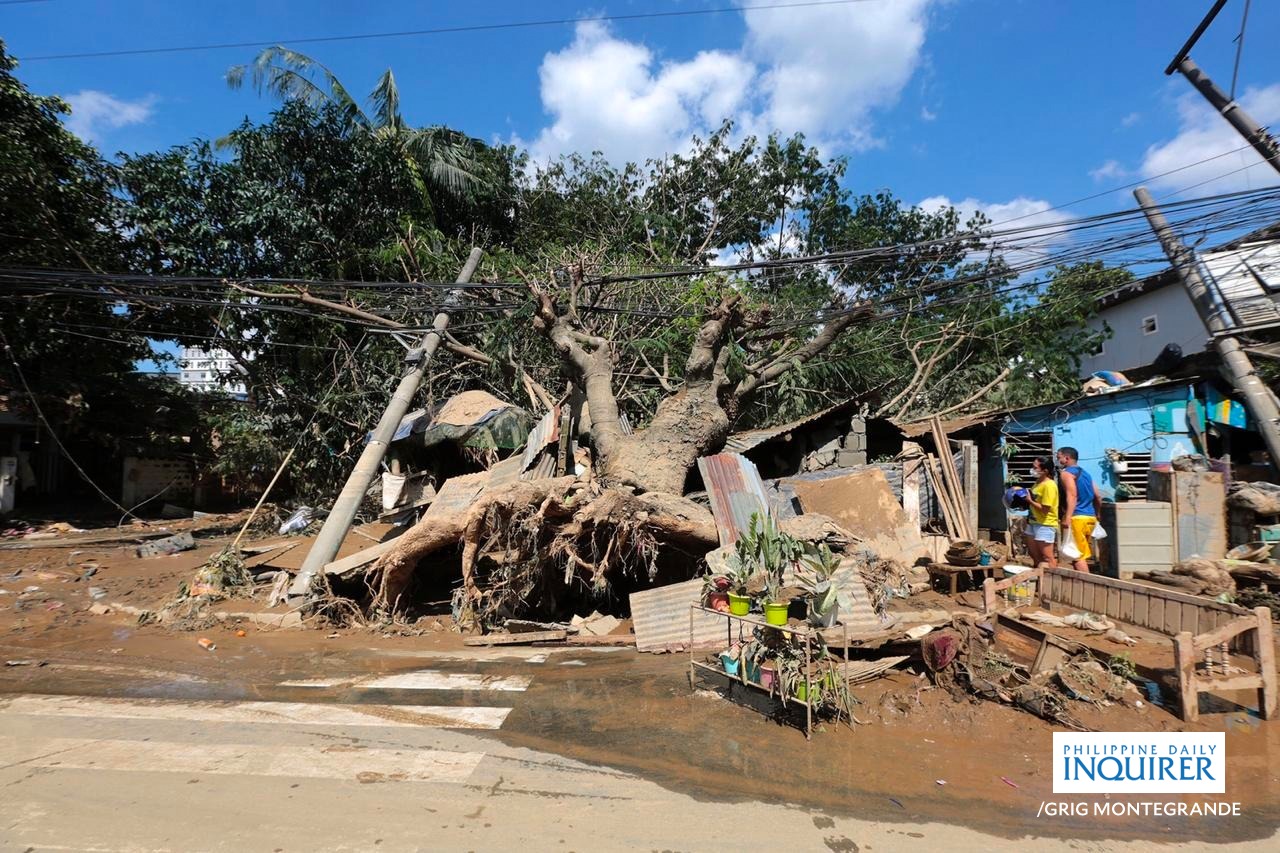The current political climate is turbulent, to say the least. There’s a lot of finger-pointing and blame-passing going on—and it’s all happening online. While it’s important to protect kids from a lot of violence that’s on our screen, talking to them about politics wouldn’t hurt. Whether we like it or not, they’re online, and as citizens of this country, they need to understand what’s going on so they can prepare for it eventually.
Why talking to your kids about politics is important
Blended learning under the pandemic means it’s inevitable for our children to be always online—where the news is. While some parents may opt to allow their child access only to school-related stuff or entertainment, the news is still bound to get to them at some point.
According to Judith Myers-Walls, Ph.D., professor emeritus of child development at Purdue University, children as young as three are able to develop a level of understanding when it comes to politics. Although it’s not at the level of understanding democracy, children get a sense of the current political atmosphere through their parents and the people around them.

As kids grow older, it’s crucial for parents to provide them with the right tools and knowledge to form their own informed opinions. Introducing them to the concept of politics early, and by extension society and morality, can help them become upright members of society. But more importantly, it can help them become good people.
As much as we’d like to just waltz up to our kids and say “Hey, let’s talk about politics,” that isn’t really the way to go about things. If you’re up to task but don’t know where to start and what to do, here are some things that might help you out:
Start by bringing up a current event they might have seen
The quickest way to start this conversation is by asking them about a current event. Ask if they’ve seen it, how they feel about it, or anything along those lines. It’s best if the news you’re going to bring up is something relevant to you or your family. It could be a piece of local news from your hometown or something that’s happening in your neighborhood.

You can also bring up something they’re interested in and relate it to politics. Especially during an upcoming election season. According to children’s psychologist Dr. Mery Taylor, “Focus on things that your child cares about. Are they passionate about saving turtles? Help them learn about candidates’ views on animal welfare. Do they want to be a business owner someday? Help them research candidates’ views on small business. Are they interested in health and science? Find out about the candidates’ policies on science and education funding.”
You can also bring up big news stories that have been plastered all over the internet. There’s no running out of those, these days.
Ask them what they know
Instead of leading by lecturing or dumping information and overwhelming them, you can get the conversation going by figuring out what they already know. Kids are much smarter and more intuitive than we think. They might have even asked these questions to others before you brought up the topic.
Politics and current events are generally not very kid-friendly these days, so knowing what they know will be very helpful.
Gauging what they know about the topic can also help you figure out where to take the conversation. Politics and current events are generally not very kid-friendly these days, so knowing what they know will be very helpful.
Make sure the conversation is age-appropriate
The cursing and name-calling happening in government are not the least bit appropriate—especially for younger kids. But concepts like justice, equity, respect, and human rights can be broken down and discussed in age-appropriate ways.
For younger kids, you can use household objects or even food as discussion aids to help them understand justice and equity. Examples are also particularly helpful when you’re discussing respect and rights.

Once your children start school, they’ll be learning about the government, but knowing the three branches is different from being informed about what’s actually happening outside the virtual classroom. Again, relating it to what directly impacts them is the quickest way to help them understand.
If your kids are in their tweens and teens, they’ve most certainly seen what’s been going on in the news. They have their own anxieties about what’s happening in the world, and listening to what they have to say about it can help them manage how they’re feeling. If they take the initiative to start the conversation, listen first.
Try to be impartial
The partisan nature of politics makes it extremely difficult to be impartial, but leading with information (not personal beliefs) is what you need to do. Children should be allowed to form their own (age appropriate) beliefs, and indoctrinating them with what you believe is right might actually hamper their critical thinking and ability to form their own opinions.
Children should be allowed to form their own (age appropriate) beliefs, and indoctrinating them with what you believe is right might actually hamper their critical thinking and ability to form their own opinions.
Explaining the nature of thinking on “both sides” of the political spectrum (even though it’s a lot more than that) and the thinking that goes into both of them will help your kids understand why things are the way they are. From here, they’ll be able to draw their own conclusions and exercise critical thought.
Ask them if they have any questions
If they don’t ask questions while you’re having the conversation, make sure to ask them towards the end. A conversation should be a two-way street, so you’re going to want to hear about what they’re thinking. Kids are extremely curious, and fostering that curiosity is important in developing their critical thinking skills.
If you’re not sure how to answer, be transparent. You can tell them that you’re not sure, look it up and then pick up the conversation at a later time.
Focus on what can be done
If your kids are in their tweens and teens, they’ve most certainly seen what’s been going on in the news. They have their own anxieties about what’s happening in the world and listening to what they have to say about it can help them manage how they’re feeling.
A lot of negative things are happening, but focusing on what can be done instead of worrying about things out of their control is a more productive way to channel their energy. Talk to them about their inalienable rights, voter registration and wisely using their voice to contribute to important issues.

If your kids are of legal age (or will be by the time the elections happen), help them register to vote. Whitney Houston wasn’t kidding when she said the children are our future. For the 2022 elections, there are an estimated 1.5 million Filipino youths who will be able to vote for the first time. At a critical time in our democracy, parents need to support the voices of future generations to make sure the country doesn’t spiral into complete destruction.
Keep the conversation going
Talking about politics isn’t a one-off conversation. Your kids are growing and politics is a constantly changing landscape, so there are bound to be more questions and other developments. Make it a habit to ask them about what they know and what they believe in every so often.
If all else fails, maybe try getting them to watch “Hamilton.”
Header photo courtesy of Nghĩa Nguyễn on Unsplash
Get more stories like this by subscribing to our weekly newsletter here.
Read more:
CCP wants to help your kids understand the pandemic through this free ebook
For young readers, here’s an online library of Filipino children’s books you can access for free
Yes, you can teach children online privacy through social media
Writer: ANDREIANA YUVALLOS




